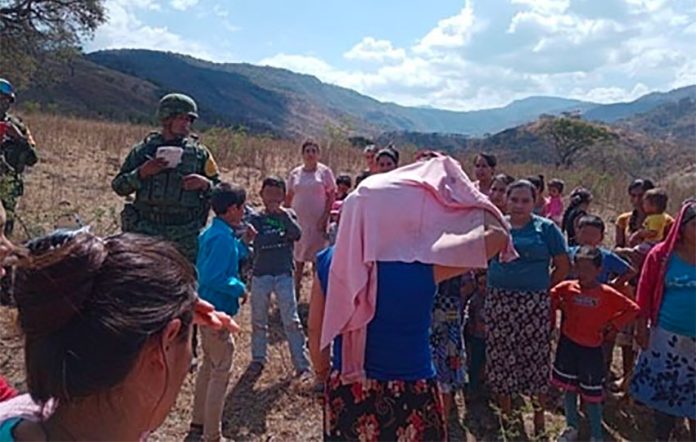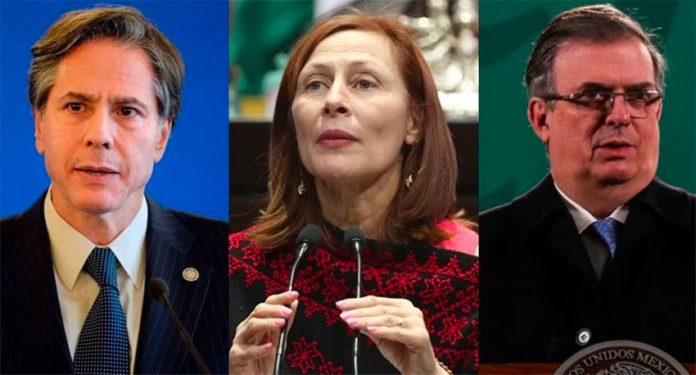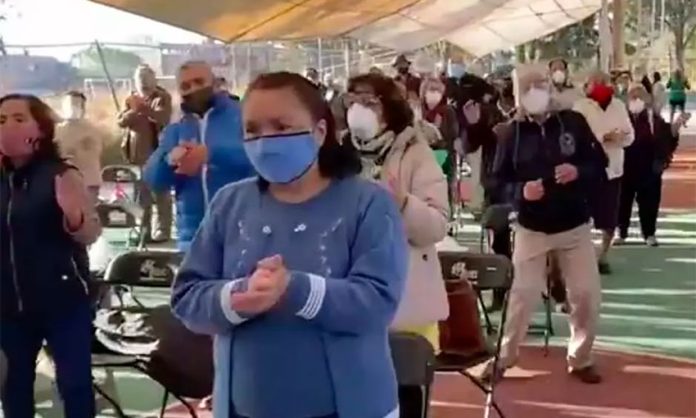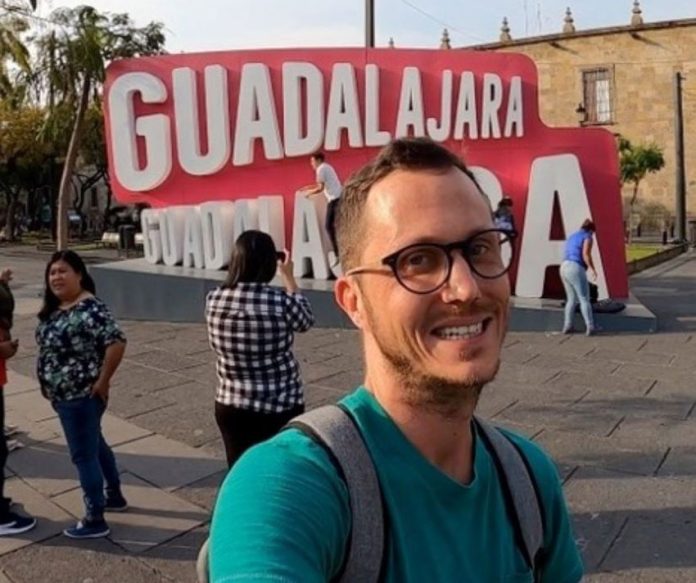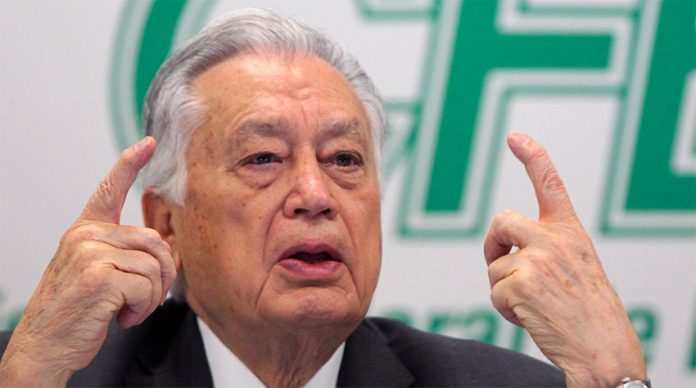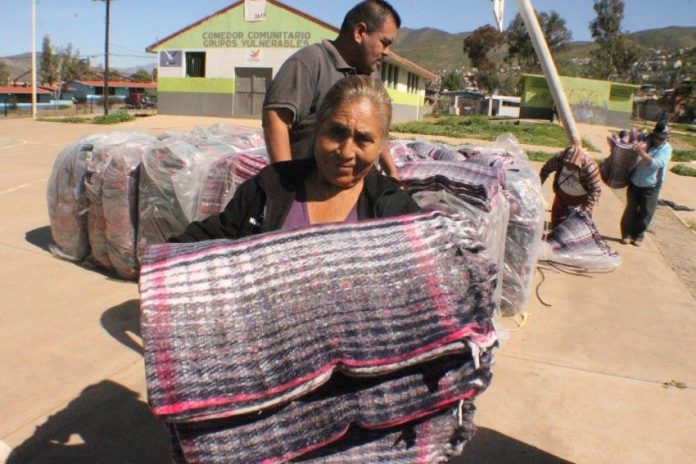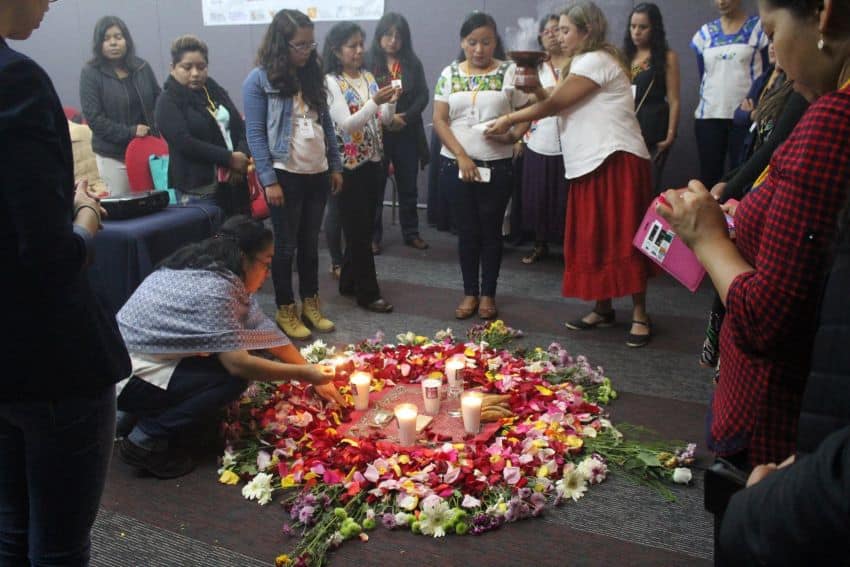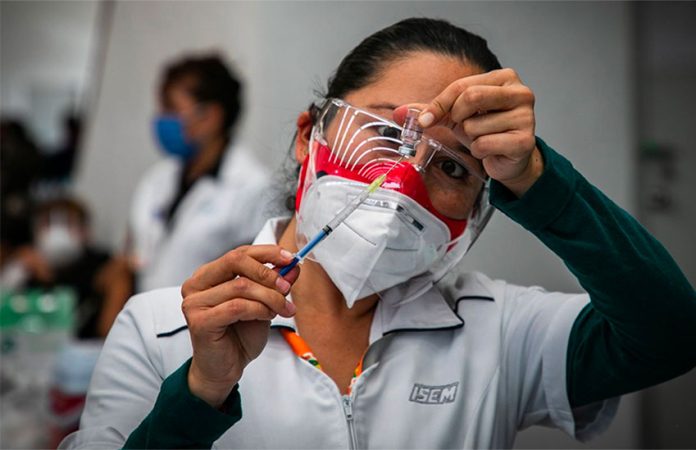The United States has urged Mexico to listen to the concerns of the private sector with regard to the proposed overhaul of the electricity market to favor the state-owned Federal Electricity Commission (CFE) over private companies, many of which have invested in renewable energy.
During a call with reporters on Thursday to outline United States Secretary of State Antony J. Blinken’s “virtual travel” to Mexico and Canada on Friday, acting assistant secretary Julie J. Chung of the State Department’s Bureau of Western Hemisphere Affairs was asked whether she expected Blinken to address the proposed changes.
“Yeah, there are a whole host of issues related to USMCA implementation that’s ongoing,” Chung responded.
“In terms of the electricity and energy issues, that’s another area that we’ll be discussing in the medium term and long term because there are many aspects that we’re hearing from the private sector about their concerns. But this is where we encourage Mexico to listen to the stakeholders, to listen to the private sector companies and really provide that culture, the atmosphere of free investment and transparency so that companies will continue to invest in Mexico.”
Several analysts said this week that the proposed reform to the Electricity Industry Law would scare off foreign and domestic investment in the energy sector, especially renewables. The United States Chamber of Commerce warned earlier this month that the bill, which passed the lower house of Congress on Tuesday, contravenes Mexico’s commitments under the USMCA.
The electricity bill appears set to be one of several issues to be examined during bilateral talks on Friday.
Chung indicated that there will be a broad range of topics up for discussion at separate virtual meetings Blinken will attend with Mexico’s Foreign Minister Marcelo Ebrard and Economy Minister Tatiana Clouthier.
After “traveling” virtually to the border crossing between El Paso, Texas, and Ciudad Juárez, Chihuahua, Blinken will speak with Ebrard, Chung said, adding that it will be the third time the two men have spoken since the new United States government took office in January.
“They’re expected to speak about continued collaboration on shared concerns such as migration issues, including the winding down of the MPP, the migration protection protocols,” she said, referring to the the United States policy introduced by the Trump administration that forces migrants to remain in Mexico as they await the outcome of their asylum claims in the U.S.
Chung said that Binken and Ebrard are also expected to discuss “Covid-19 security, regional economic competitiveness, climate change, and other issues of mutual interest.”
She said that the secretary of state and Clouthier “are expected to discuss various economic topics, including how to strengthen even further our deep and dynamic trade and investment relationship.”

The State Department said in a statement that the United States and Mexico “enjoy a strong partnership, and this trip reinforces the importance of that relationship under the Biden administration.”
It said the bilateral trade relationship, shared security challenges, regional migration, climate change, and other issues of mutual interest will be on the agenda at Blinken’s meetings.
But the statement made it clear that the United States’ relationship with Canada is the closer one.
It observed that the United States and Canada are “neighbors, friends, and allies” but didn’t refer to Mexico in such glowing terms. Blinken will also meet virtually with Canadian Prime Minister Justin Trudeau but President López Obrador, who has a clear preference for domestic issues over international ones, will not be involved in Friday’s talks.
The Mexican president did, however, weigh in on the electricity bill issue on Friday, calling on the United States to respect Mexico’s energy sovereignty.
“They believe that we should act in a certain way, that’s OK because freedom has to be guaranteed not just in one country but as a universal principle. But we must respect each other in … the management of electricity policy,” López Obrador told reporters at his regular news conference.
He emphasized that Mexico is a free and sovereign nation and doesn’t get involved in the affairs of other countries. Mexico follows a policy of non-intervention in order to avoid foreign countries meddling in its affairs, López Obrador said.
In a letter sent to Biden in December, the president issued what could be construed as a subtle warning to the United States.
“We are certain that with you as president of the United States it will be possible to continue applying the basic principles of foreign policy established in our constitution, especially that of non-intervention and [the right] to people’s self-determination,” López Obrador wrote.
Miguel Ángel Mateo, partner at the international law firm Hogan Lovells, predicted that Friday’s meetings won’t have any bearing on the Senate’s vote on the electricity bill – the ruling Morena party leads a coalition with a majority in the upper house – but they will provide a forum for the United States to air its grievances.
He told the newspaper El Financiero that investors who will be affected by the expected approval of the bill will take legal action in an attempt to nullify or blunt its effect.
“The investors who feel affected by the law will seek injunctions and suspensions,” Mateo said.
Jeremy Martin, energy vice president at the Institute of the Americas, said the United States’ appeal to Mexico to listen to private sector concerns marks the beginning of a difficult bilateral relationship with regard to commercial issues.
“In my opinion, it is dangerous terrain in terms of commercial relations,” he said. The approval of the electricity reform will have serious consequences for private energy firms, Martin added
“There will be damage to the energy sector and private companies, … as a reference we only have to look at the cost of canceling the [previous government’s] airport,” he said, apparently referring to a retracted Federal Auditor’s Office finding that scrapping the partially built facility will cost more than three times what the government said it would.
Meanwhile, the rating agency Moody’s has warned that the CFE’s credit rating could be downgraded due to investment uncertainty and other impacts related to the expected approval of the electricity market reform.
Roxana Muñoz, assistant vice president-analyst at Moody’s, noted that the utility’s current rating, and Mexico’s sovereign rating, is Baa1, the agency’s third lowest investment grade rating.
“There is a probability that CFE’s rating will go down in the next 12 to 18 months,” she said.
Among the challenges the state-owned company faces, Muñoz said, are a lack of storage capacity for natural gas and other energy-generation sources, a lack of diversity in power generation sources and a lack of investment in the electricity grid that hinders the incorporation of renewables.
The analyst also noted that the CFE’s operating costs have increased 4%.
“While this can be compensated through [electricity] rates or with increases to the subsidy the CFE receives from the federal government, these mechanisms are not immediate so the CFE will have to finance this increase by depleting its capital,… which could have a negative credit impact,” Muñoz said.
However, she expressed doubt that the company will be able to find the resources to fund its increased operational costs.
“We believe that the company’s own resources are insufficient for the additional funding as the same levels of private investment are not expected given the uncertainty in the sector…” Muñoz said.
Source: El Financiero (sp), Reforma (sp)



